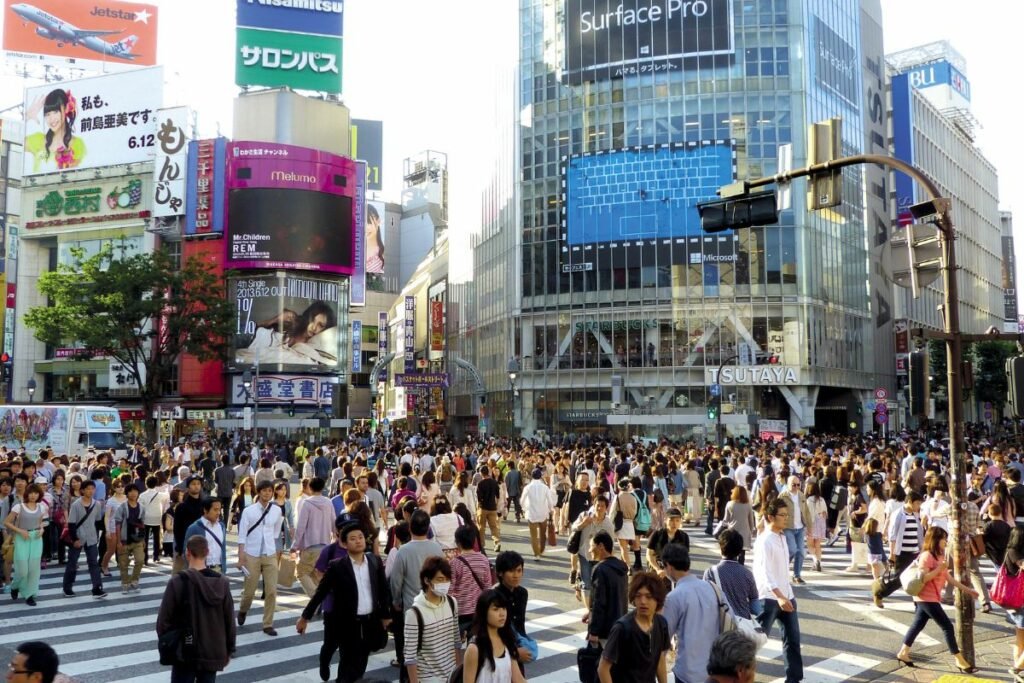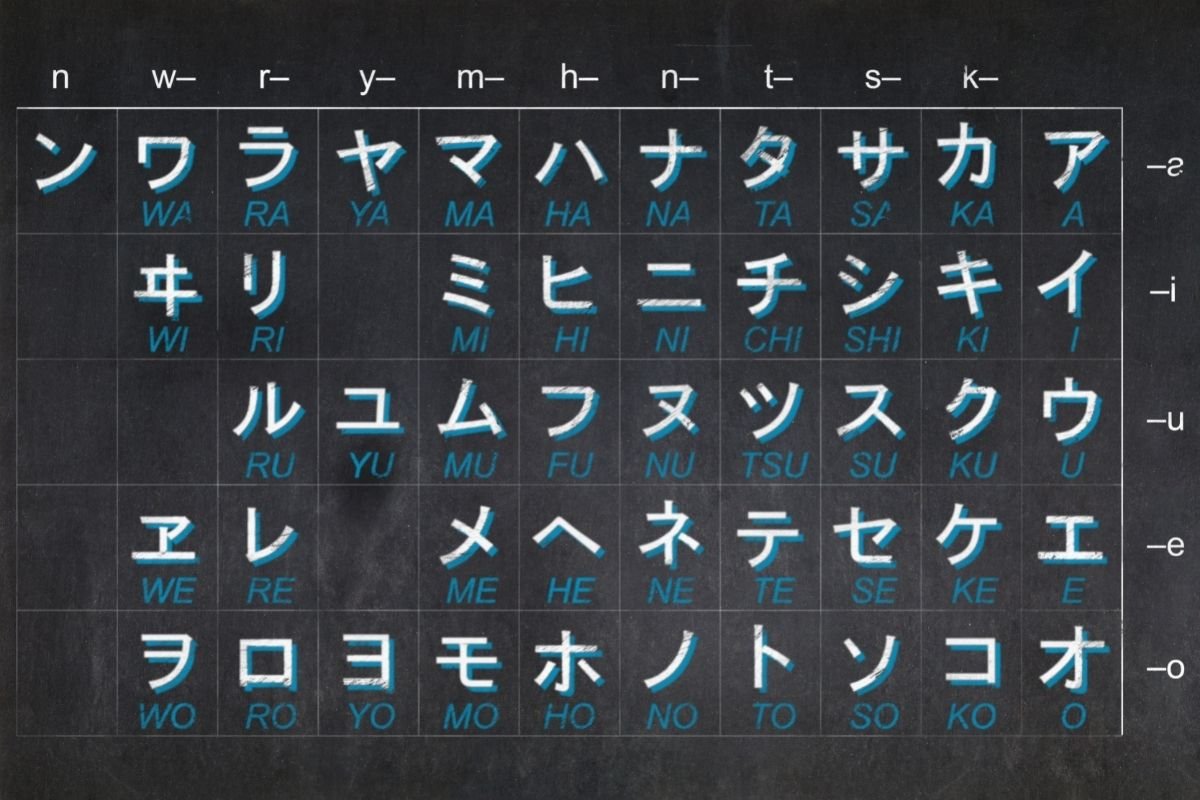Going to a foreign country can be a difficult experience. Not knowing the language can make your trip (be it for business or for a simple vacation) become tough to navigate.

If you’re traveling from a western country to Tokyo, getting around without knowing the language is going to be one of your main concerns and is probably raising some questions.
Is it possible to get around Tokyo without knowing the language (see also ‘Why Does Japanese Have 3 Alphabets?‘)? What language do they speak in Tokyo? More than this, are there different dialects or languages spoken in Japan? If you find yourself wondering these questions, then you’ve come to the right place!
In this article, we’re going to take you through everything you’ll need to know about what language they speak in Tokyo and how to navigate. We’ve also included a short FAQ that will help answer any additional questions you may have.
Languages In Japan
Off the bat, you need to know that the most commonly spoken language all across Japan is standard Japanese (see also ‘Is Japanese A Tonal Language?‘). This has been the national language for a long time, and although there are variations and it has changed over time, it has a rich history that has carried on throughout the different generations.
The exact origins of the Japanese language are unknown, but it’s suspected that it is a mixture of languages from both continental Asia and the Pacific Islands (see also, ‘What Hemisphere is Japan in?‘).
Japan is a very homogenous country which means that most people conform to the same language and there is little influence from other countries (with one key exception, which we’ll cover in a later section.)
Whilst Japanese is the national language, there are over 40 different dialects which can make it tough for Japanese learners to get around even if they have basic fluency in the language.
The dialects range from small accents to completely different word choices, depending on where you are in Japan.
Languages In Tokyo

Tokyo is the capital city of Japan and one of the busiest metropolitan areas in the world. Despite this, Standard Japanese is still the most dominant language.
Other cities around the world (let’s take New York City, for example) might have a much bigger mixture of languages, but in Tokyo people mostly speak Japanese (see also our article about Japanese names).
But that’s not to say it’s the only language spoken, and when you travel there you will notice significant western influence, especially when it comes to the English language.
You’ll often find menus, street signs, and signs within shops that have English or Romanji scripts. This makes it a lot easier to get around for a tourist.
When it comes to Japanese people and the languages they speak, you’ll find that a lot of them don’t speak English. There has been a big push since the 1980s to get Japanese students to learn English, but that’s not to say that many citizens are fluent enough to speak with confidence.
That said, if you’re ever in need of help in Japan you should know that you can always ask. Japanese people are renowned for being very friendly and will often go out of their way to help a lost tourist.
The Tokyo Dialect
Let’s go into a little more detail about the type of Japanese that is spoken in Tokyo. The Tokyo Dialect is a version of Japanese that you’ll find within modern Tokyo.
It’s not all that different from standard Japanese, though there are variations in how certain words are pronounced and the slang that is used.
Just like any city in the world, there is a specific Tokyo accent, but you should know that there are a lot of differences now because of how easy it is to travel around Japan.
Modern Tokyo is a massive mixing pot of people from all over Japan, and because of this, the dialect is going to vary massively depending on the person.
Final Thoughts
So there you have it! The main language spoken within Japan is standard Japanese. This is the same throughout most of the country, though there are small variations depending on dialect and some other traditional languages spoken.
To conclude, if you’re traveling to Japan the main language you’ll be interacting with is Japanese. Whilst English is sometimes spoken, you’ll need to make sure you have some way of communicating.
We hope that this article has given you some insight into the languages spoken within modern Japan and that you’re now a lot more confident about what to expect when you touch down on Japanese soil.
If you will have some questions, keep reading for our additional Frequently Asked Questions section.
Frequently Asked Questions
What Is The Ainu Language?
Another language that is native to Japan is the Ainu language – this is the language that comes from the indigenous people of certain parts of Japan including Sakhalin, the Kuril Islands, and Hokkaido.
In modern Japan, it is not very widely spoken and is mostly spoken and passed down by elderly members of Hokkaido. As a language, it is classified as critically endangered, and much effort is being made to keep it from growing extinct.
What Is Tokyo?
Tokyo is the largest city in Japan and also the nation’s capital. It has one of the largest greater areas in the world and is a top tourist destination for those traveling to the country.
It has over 30 million residents and is the center for a lot of Japanese modern and traditional culture. The city has grown a long way after once being a small fishing village that was named Edo.
Now Edo is just one province of many that make up the entirety of the city.
What Is The Best Way Of Getting Around Tokyo Without Knowing The Language?
A good way to communicate in Japan without knowing the language is to use modern apps such as Google Translate. This can allow you to convert simple phrases and even play them with an AI voice. This is a handy tool that can help you get around the city!
- What Is a Maiko? - July 13, 2025
- What Does Domo Arigato Mean? - July 12, 2025
- What Does Naruto Mean? - July 12, 2025








